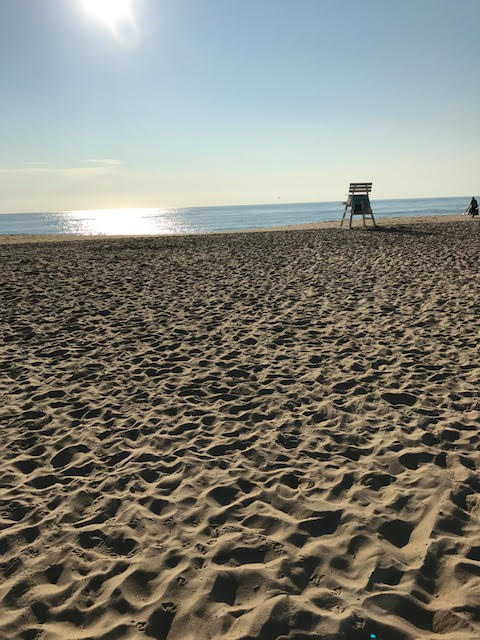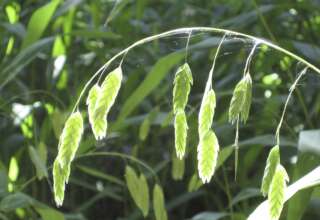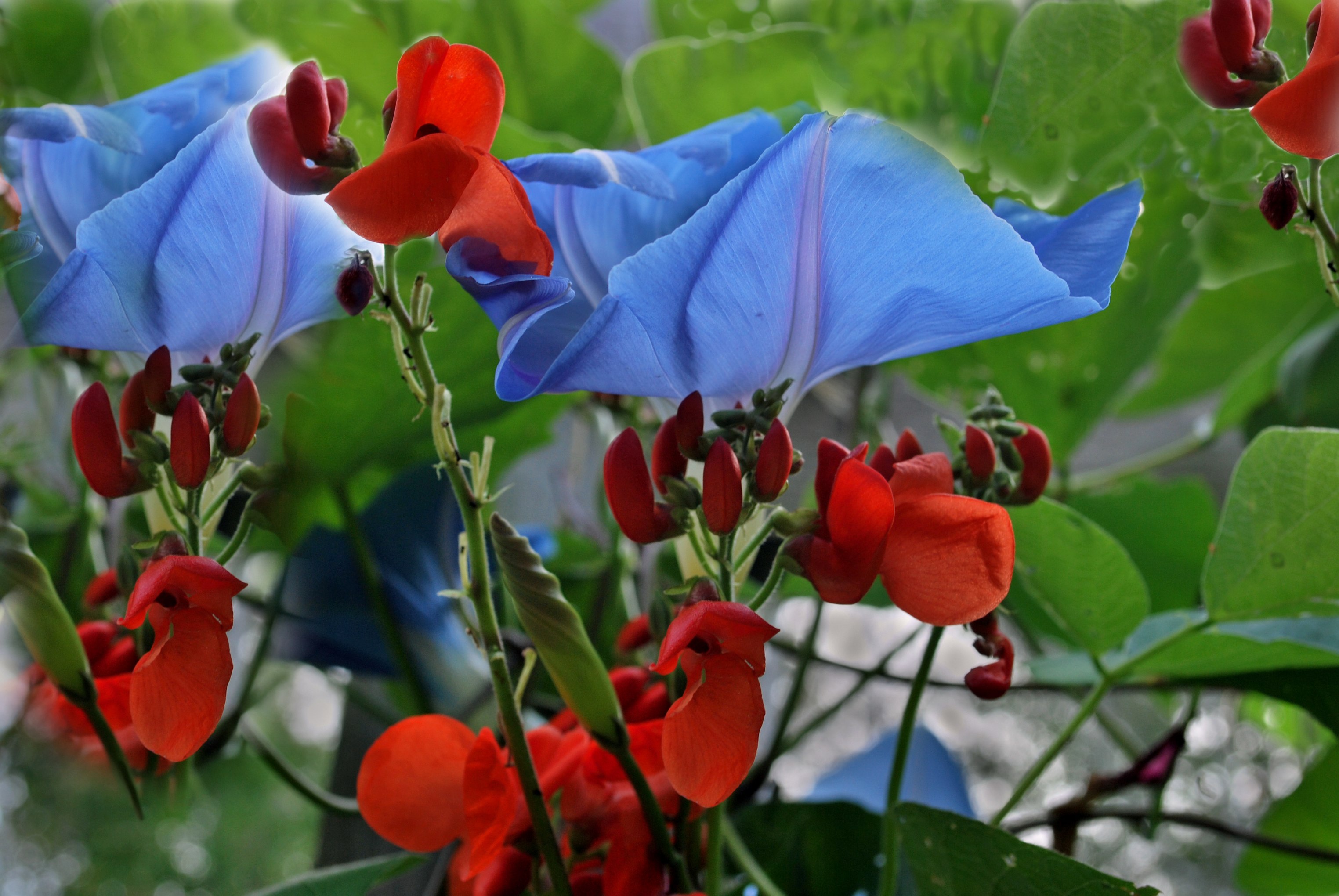
We can help our children when they need some money. We can offer sage advice about finances, buying a new home or repairing a garage door. We sit down over a cup of coffee to talk with our harried daughter about how she might work best with their troubled teenage son. We offer assistance even when it is not needed and feel a little hurt when we are turned down. Our husband turns to us with a fear of growing old and we “assist” him by suggesting that he spend more time at the gym or begin taking some energy-boosting pills. That is not what he was looking for when sharing this very painful concern with us.
Our children and our spouse probably know us well enough as women and men of Autumn to sometimes ask us for advice or assistance simply because they know it will make us feel better. Sadly, they may ask for our advice only because they know of our limitations. They know that this is one of the only ways in which we feel comfortable communicating with them. Deborah Tannen (1990,1994) suggested many years ago that communication with and between adults (especially men) is often instrumental in nature. According to Tannen, men often talk to get something done, whereas women often talk to build relationships. Our children and spouse ask for our assistance in part because this is the way in which they can connect with us. Our child finally asks for help. We finally take notice. We finally agree to sit down with our wife or husband without the distraction of television, Internet or family chores. We carve out some “quality time” together.
Unfortunately, in our role as provider, defender and advisor, we don’t learn much about ourselves, about our inner life, or about our inner child. We only get a bit of an ego boost and perhaps a few good minutes with our child or spouse. It is particularly tempting for women. As autumnal women, we take on the role of the ‘man’ (animus energy) — instructing, directing and advising our younger family members, colleagues and friends. Our words and actions of high intensity cause harm to others, as we are seemingly compensating for the opportunities lost in the past to control, manage and make things happen. We are perceived as insensitive, unloving and impulsive, yet we believe we are doing what is right for us, correcting the wrongs from the past. Unfortunately, the acts of heroism distract us, as late midlife women and men. They lead us outward toward our enemy and upward toward things of the spirit. These acts don’t lead us downward or inward toward our feelings or toward our soul.
Feelings and Warfare
There is an important observation to be made at this point: we don’t know how we are feeling when we are waging war. When the aging Robin Hood was fighting the Sheriff of Nottingham, both men were living off their adrenaline. They were unaware of either their old debilitating war wounds or their exhaustion as men who were in no condition to fight. Like athletes who play through their injuries (and even concussions) during a particularly important game, Robin and the Sheriff were oblivious to their pain. Even at the end of battle we don’t know how we feel. The joys of victory are often quite elusive. While we are fighting for victory, much of the excitement comes from the process of doing battle rather than from the outcome of victory. Even as observers rather than participants, we experience a psychological let down at the end of an exciting sporting event. The game only makes sense, when viewed from the midst of the contest, when the outcome is still in suspense.







